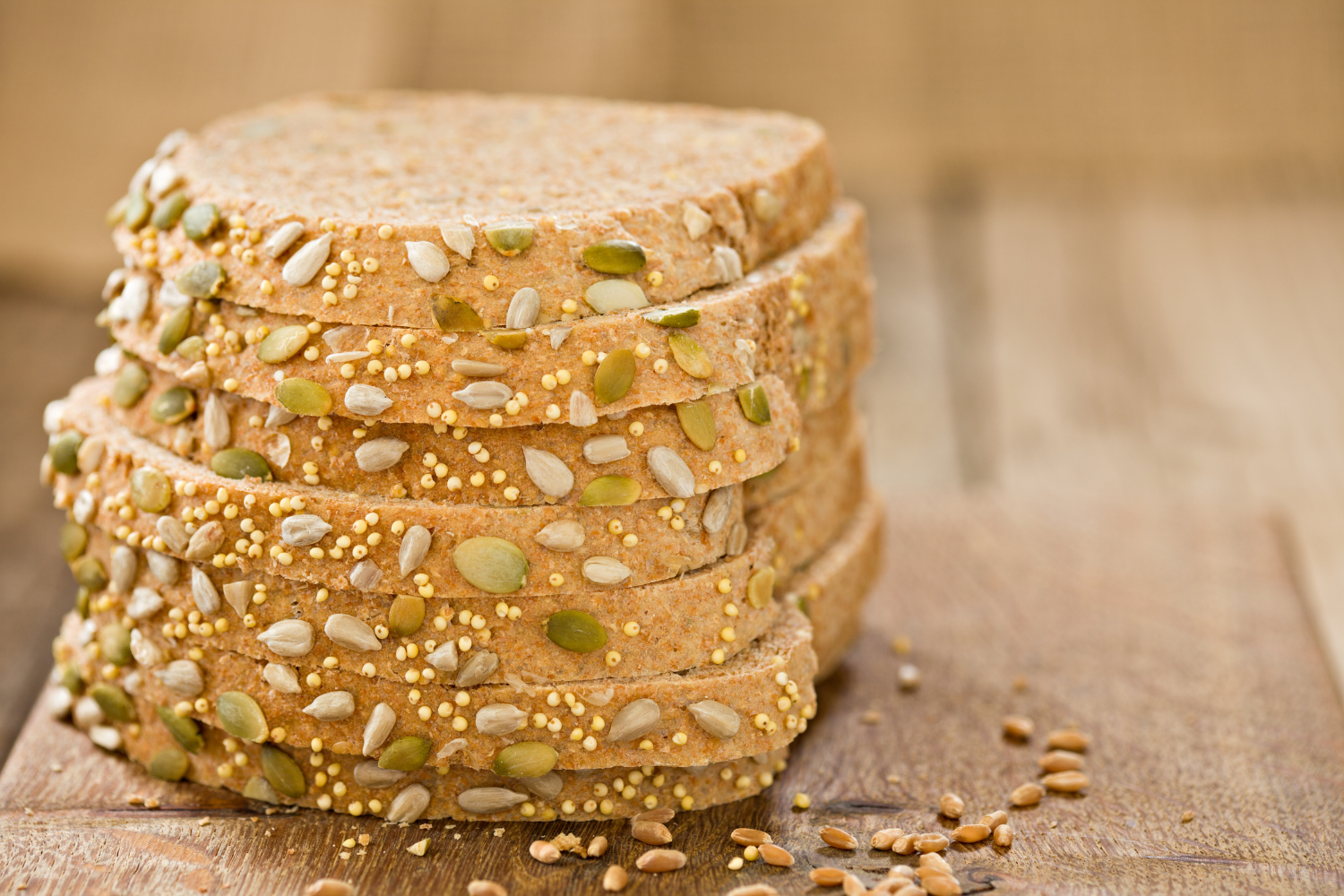Nutrition Updates

Grain Chain objects to DGAC ‘ultra-process’ focus

Advocating for Grains in School Meals


| Bioengineered Food Disclosure Guide (1.08 MB) | 1.08 MB |
Versatile, affordable, and delicious, grain consumption results in positive health outcomes at all life stages. Additionally, enrichment and fortification of grain foods have made lasting contributions to public health. In fact, experts have consistently supported the benefits of consuming the recommended portion size of whole grains. Individuals who consume whole grains have lower risks of hypertension, stroke, type 2 diabetes, cancer, heart disease, and heart failure.

Mandatory folic acid fortification of grain foods has helped approximately 1,300 U.S. babies to be born without a neural tube defect each year and is touted by the Centers for Disease Control as one of the top 10 public health achievements of the 21st century.
As a USDA MyPlate Strategic Partner and leader of The Grain Chain, ABA fiercely advocates the strong science supporting the inclusion of grains - both enriched and whole - as the foundation of a healthy diet. The 2020-2025 Dietary Guidelines for Americans recommend six servings of grains per day, half of which should be whole grains.





